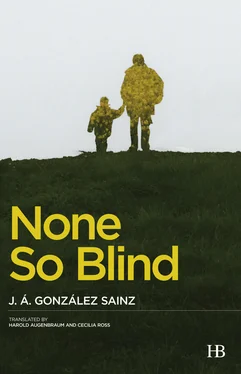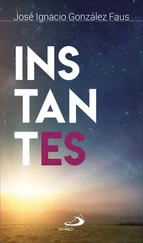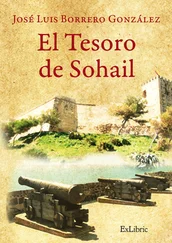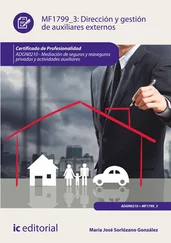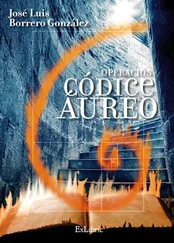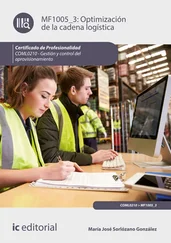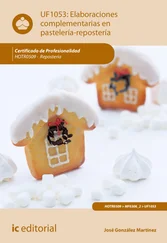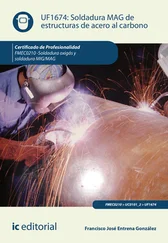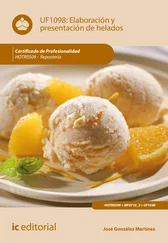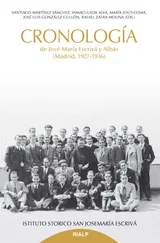They immediately yanked him out, his father had slowly disappeared through the other door, as well, and nothing remained but time, ticking itself out and persisting unopposed — the shouts he continued to hurl from the other side weren’t coming through now, not even muffled — as the sole presence in that empty space.
20
His younger son saw him push against the door’s glass pane and, once outside the imposing edifice, after taking the three or four steps that seemed to use up the last remaining inertia of his exit, suddenly pull up and stop short, spiritless and tiny in the distance, not knowing what direction to point his feet and not even realizing he didn’t know. He looked up, at the blue of the sky, at the rows of identical windows on the apartment buildings, and then all around him, at the views of streets crisscrossed by cars, cars, and more cars, all going in opposite directions, and people hurrying in and out of the same door he had just left through but not exactly left behind. Lost, his son Felipe said to himself, watching him from the window of the bar where they had arranged to meet, the poor man is completely lost, he has no idea which way to turn or which way to look, and broken, he said to himself, his heart has been broken.
In the middle of all of that coming and going of people who were going about their business and knew where they were going, he now seemed to have nothing at all to go about but the literal ground on which he was walking, and his next step forward. That was his road now — his single next step forward, he thought. And he went on watching him take short, tentative steps as if he might, after each one, regret having taken it or even topple over a cliff, then stop again like some halfwit and try to look up, only to immediately look down at the ground again, as if wanting to ask it something, or rather evaluate something, or perhaps just needing to have something to assure himself of his own presence. It’s as if before he takes a step, he needs to say goodbye to the previous one, he thought.
When he finally made up his mind to start walking in the direction he couldn’t help but walk in, it seemed to his son that it took him a yeoman’s effort — as his father was in the habit of saying — to descend the one dozen steps that separated that official building from the sidewalk and head toward him. It seemed like he had to request permission from one foot to put the other one forward, and that once on the sidewalk, it took him not just an interminable but an incomprehensible amount of time to walk across the crosswalk, agonizing the vehicles that now had a green light.
Several times, he was on the verge of running out of the bar where he had been waiting and going to take him by the arm, to say Dad, I’m here, or it’s just here, this is where we’re going, but a paralysis akin to that which had taken over his father seemed to have seized him, as well. So just as he had been watching, up until only a moment ago, the foam dissolving in his glass of beer, he watched him from behind the bar window come slowly toward him; he watched him cross the street, as a person crosses a rope bridge suspended from one side of a chasm to the other, and then stop again at the door to check for something that couldn’t possibly be missed, and afterward, but only after a before that did not now seem to retain any connection to its after, come in with an air of clumsiness and disorientation that were truly unprecedented in his father. It seemed that he had returned from those just barely two hours, which is how long it took, what with one thing and another, with an additional twenty years on him.
The bar was small, two windows onto the street and fewer than a dozen tables, and there was no one there right then but him and the waiter puttering around behind the bar, but despite all that, he had to catch his eye, like someone trying to make out something from a distance or pick someone out of a crowd. I’m here, Dad, he felt the need to say, it’s me, Felipe.
He pushed the beer bottles that had been accumulating on the table to one side and asked him what he wanted to drink. Nothing, nothing, there’s nothing there, he answered everything without him needing to make a second enquiry. You were smart to stay here.
He wanted to go back to the village that very same day, he couldn’t be tempted by any of the suggestions his son had put forward for spending the rest of the day together in Madrid, and they got home late into the night. The following morning, he again found him under the cherry tree out on the patio. He was stiff with cold, huddled in an odd position and still wearing his good jacket, which he hadn’t bothered to take off, curled up and clutching the tree trunk. Cowering like a dog, his son thought. His cheek was covered in scrapes again, and the dried blood on the scratches in the stubble along his jawline made the paleness of his face stand out even more.
He picked him up — geez, Dad, was all he could think to say to him — and he took him in to the bathroom. Then, once he made sure he was cleaned up and, as far as he could tell, calm, he went out to buy a loaf of bread, and when he got back, he made him a large, black coffee, just the way he liked it, along with his nice, thick slices of bread and some of the thyme and Spanish lavender honey a neighbor gathered every year, a neighbor from a family that had the first and last names of one of their own listed just above his father’s on the cross at Pedralén.
They didn’t speak, they couldn’t or didn’t feel like speaking, except about specific, mundane things they were doing or had right in front of them, so they each concentrated on their own coffee, just as he, the day before, had concentrated on watching his beer foam dissolving — the head, his father had told him a long time ago, the foam on a beer is called the head , just as cachaza is the foam that forms on the top of cane juice, and I suppose that’s where cachazudo comes from, calm like foam.
What dissolves like foam, he thought, or he might have thought the day before, what vanishes calmly, disappearing unperturbed, as slowly and peacefully as foam when it fades away, and also just the opposite, what is suddenly lost, what is erased in an instant, what we were used to having exist and be important or even crucial for us, whether we knew it or not, suddenly, without our even coming to completely realize it, it all falls off a cliff and disappears. Like the meaning that binds us to things, that reassures us and encourages us and signals to us from within things but then one day, before we’ve had enough time to even know what it was or what it truly consisted of, suddenly collapses or simply disappears off a dark cliff at the bottom of which there now remains only its carcass, its neck broken, at the mercy of the unsparing pecking of the great vultures of the void — the black vultures or the griffon vultures or the bearded vultures of senselessness — or any elegant, white Egyptian vulture that might swoop down and make off with its eyes.
He was scared for his father, he pitied him, but on the other hand he couldn’t bear to feel that way, nor could he resign himself to the fact that the calm strength he had always admired in his father, his quiet valor, had also masked an allotment of fear and a measure of humiliation and that it could all, from one moment to the next, come crashing so spectacularly down. One day, two nights after their arrival from Madrid, he came upon him rifling nervously through one of the drawers in the sideboard. Finally he pulled out a large, tin box stuffed to the seams with old photographs — photographs of his father (his own grandfather), and of his father and mother together, and also of him and the rest of the family, and friends of the family. Photographs of the two of them, as well, of him and Asun, and of little Juanjo when they still lived in the village.
Читать дальше
